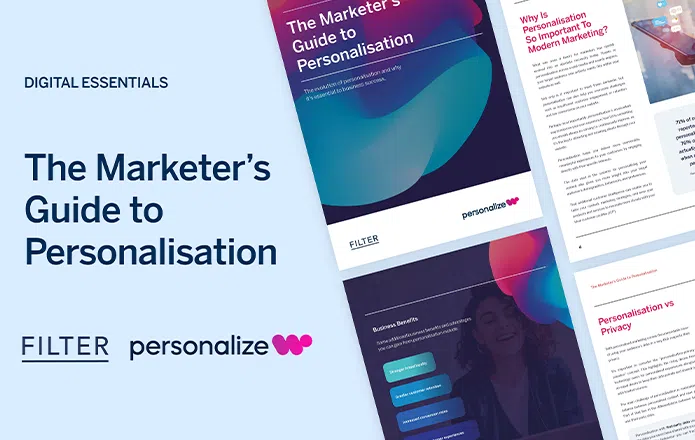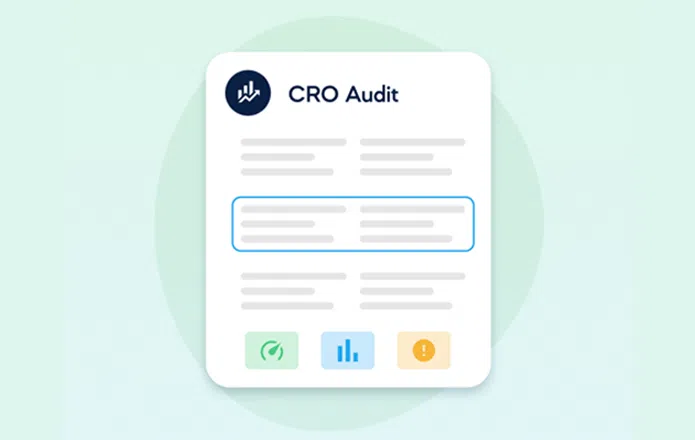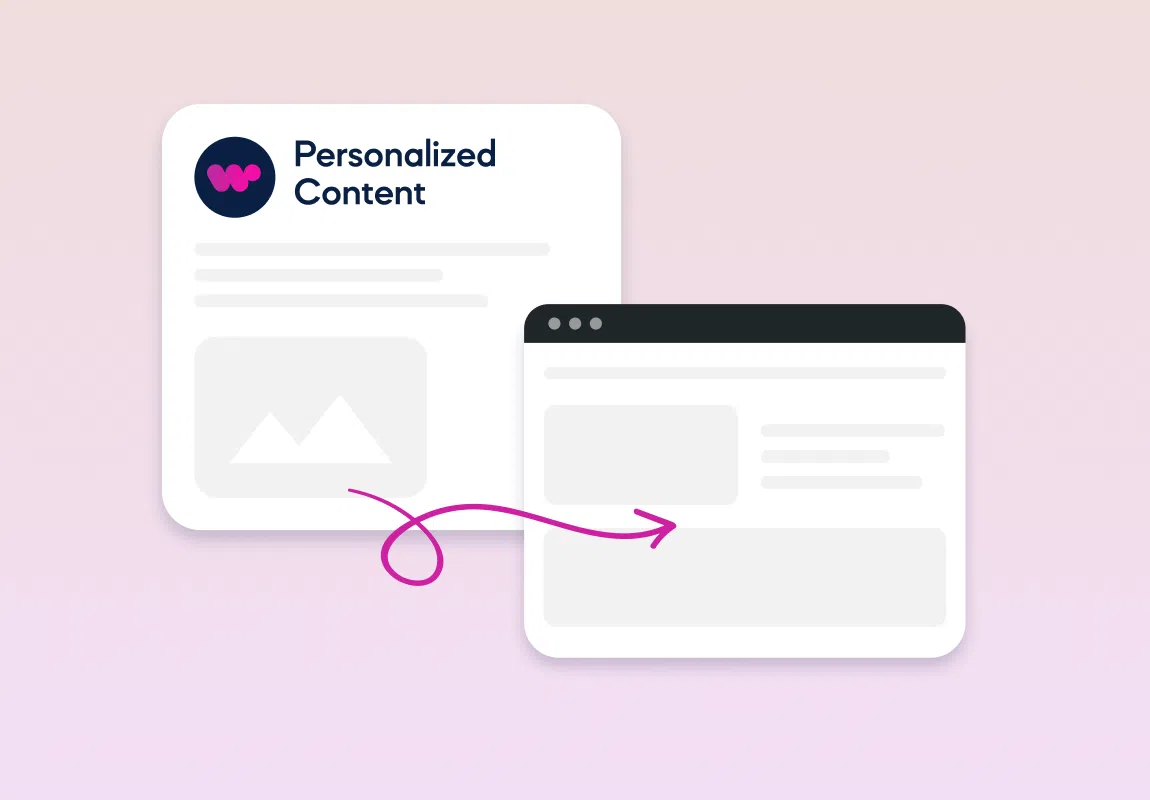
This article will help you gain a better understanding of personalisation, and will provide you with guidance to begin building better relationships with your customers and wider target audiences online.

A cost-effective and impactful way to build better relationships with your audience can be by utilising the power of personalisation.
Providing each of your website visitors with a personalised experience is an essential part of marketing today, but many marketers are still struggling to grasp the most effective ways to achieve this.
This article will help you gain a better understanding of personalisation, and will provide you with guidance to begin building better relationships with your customers and wider target audiences online.
It has become vital for any business with a website to provide their visitors with personalised content, services, and experiences, tailored to their needs and preferences.
Digital marketing is now predicated on personalisation, thanks to all the content we’re now so used to seeing on social media, in search engine results pages (SERPs), via online advertising, and just about everywhere else.
Ultimately, people today want the most convenient, quick, and straightforward experience possible when interacting with businesses online. Personalisation is a proven way to ensure that’s what you give them.

Introducing our new eBook, part of the Filter team’s Enterprise Series. This edition explores the power of Personalisation, guiding businesses on delivering tailored content to website visitors based on their interactions and browsing history.
Personalisation is the method by which you provide each of your individual website visitors a unique experience tailored with dynamic content, recommendations, and even offers exclusive to them. This is done using data related to things like:
For example, if one of your prospective customers visited a certain service page on your website, but they didn’t end up clicking any call-to-action buttons before leaving, you could then show them a discount offer for that service the next time they arrive on your homepage.
This is done in the back-end of the platform you use to manage your website.
You, or your development agency, will build pre-defined blocks of content in your platform’s editor, then put various conditions in place that determine which specific users will either see or not see each block. Those conditions are based on data about each individual.
If someone visits your site from the UK, they may be presented with different content to a visitor from Asia. If a long-standing member lands on your homepage, they may be shown different offers to someone who only signed up this year.
71% of consumers reportedly expect personalisation these days, while 76% of consumers actually get frustrated when a website has no personalisation.
Next in Personalization Report
Personalising your audience’s experience makes your website far more engaging and effective, while also guiding them more easily towards purchasing your products or services.
Giving your visitors content that’s tailored specifically to their personal interests helps you create more memorable, meaningful relationships by resonating with them more closely.
There are plenty of additional benefits and advantages you can gain from personalisation as well, such as:

We’ll conduct a micro-audit of your site, analysing crucial conversion elements and providing up to three customised recommendations to boost conversions and user engagement.
Customer data platforms (CDP), digital experience platforms (DXP), and traditional content management systems (CMS), like WordPress, are all capable of delivering personalisation.
Each platform uses its own approach, of course. With that in mind, it’s important to be clear about your own specific requirements for personalisation, and the resources you have available, then determine the most suitable platform for you.
WordPress, as one option, is the platform on which almost half the world’s websites are built on, making it the most popular CMS around today. But lots of marketers we’ve spoken to recently are still unaware that free, open-source platforms like WordPress can offer great personalisation capabilities.
It’s important to note here that personalisation isn’t actually offered as part of WordPress’s core functionality, and it probably won’t be added any time soon. However, WordPress can still give you all the same on-site personalisation as a CDP or DXP.
Plugins are one way to achieve personalisation with WordPress and begin providing tailored experiences to your website visitors. For example, Filter’s very own plugin is a tool that allows you to seamlessly add personalisation features into your CMS, with a wide range of functions and use cases available.
Integrating WordPress with other systems, using custom API integrations, or even developing certain features bespoke are all equally valid solutions.
This is often an easier and more cost-effective approach than adopting an expensive, heavy-duty platform. Even better, you won’t relinquish any of the capabilities or functionality a DXP offers if you choose to use a CMS like WordPress, either.
Ultimately, there’s a variety of ways to personalise your website for your target audience. The most important thing is to find the approach that’s most suitable for your unique business.

We recently released the latest version of PersonalizeWP for the WordPress Block Editor. Introducing valuable new features such as password protection, individual user targeting, WS Form integration and more to help you personalise your website.
Personalisation is an essential tool for businesses across all industries today, but many marketers still struggle to understand the best ways to implement it effectively for their websites.
This is also a vast topic, and it’s impossible to cover everything in one short blog article. There are a number of other important issues to consider when implementing personalisation on your website, such as data privacy, emerging technologies, and more.
To help you truly master personalisation, we’ve produced:
This free eBook is a comprehensive guide to personalisation that will guide you towards selecting the best approach, help you overcome challenges with data privacy, and offer plenty of advice to make your own personalisation as successful as possible.
The eBook also includes:

We recently released our second guide in our Enterprise Series, The Marketer’s Guide To Personalisation. This guide explores the evolution of personalisation and why it’s essential to business success.
Here is a list of links to further your knowledge of Personalisation.